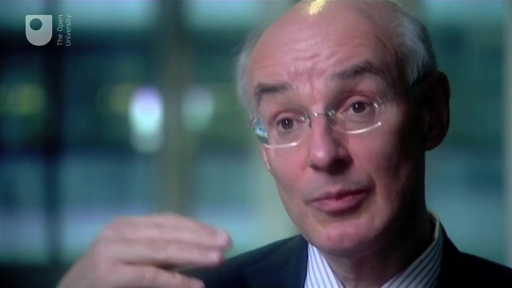7.3.1 Pensions and retirement – a social revolution
This video shows a piece of recent history – how a debate from the mid-2000s has evolved into recent government announcements about the raising of the state pension age and the end, for most employees, of a compulsory retirement age.

Transcript
If you don’t want to work well into your 60s you need to act on and regularly review your pension plan to see if you can afford to retire before the state pension kicks in.
